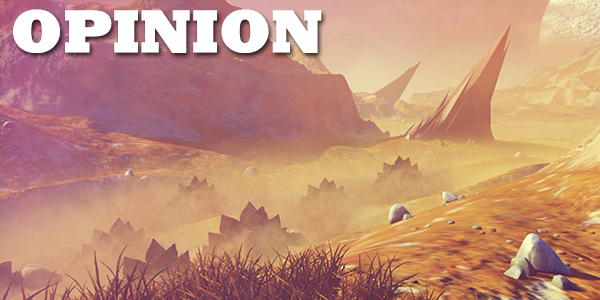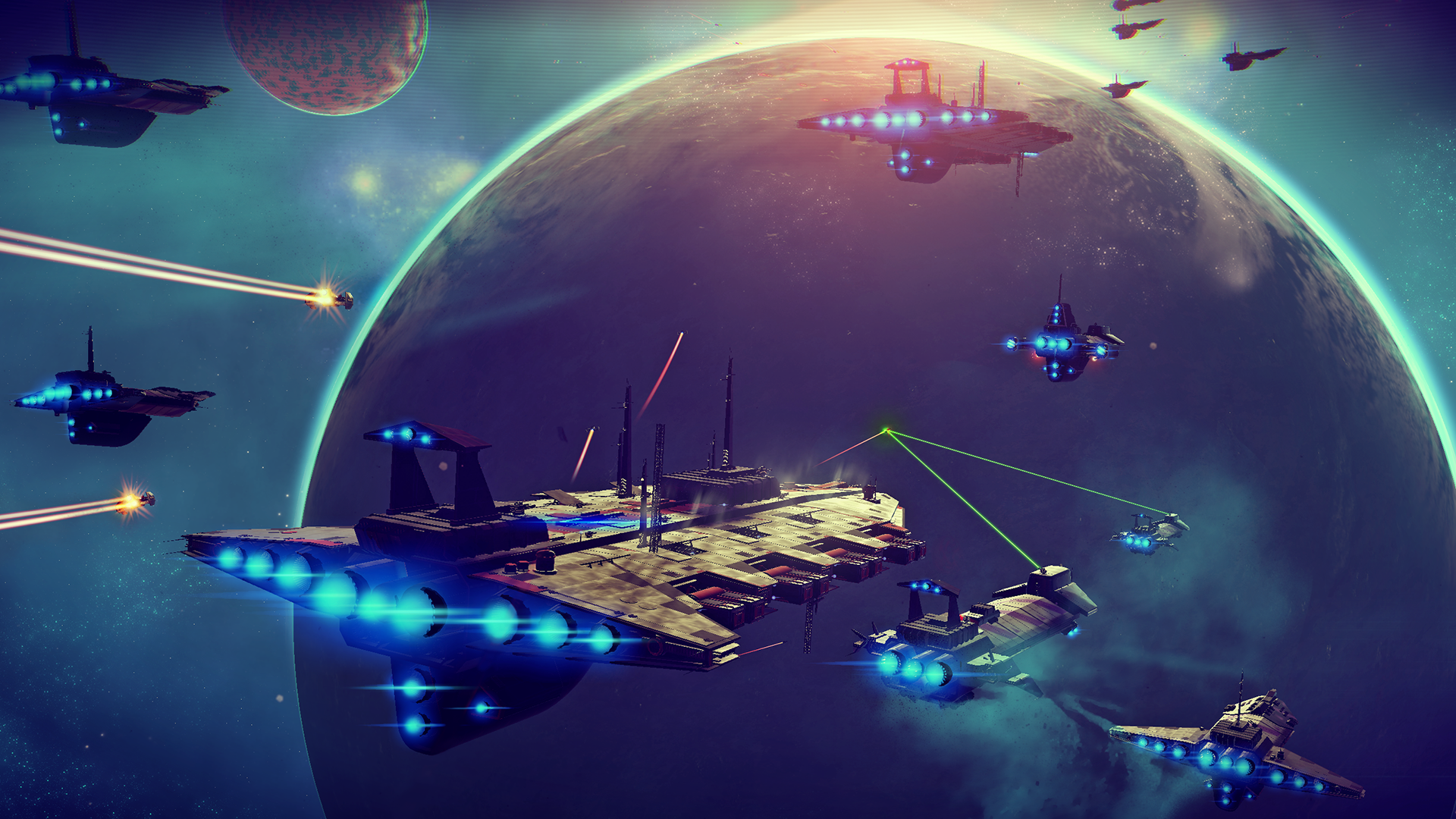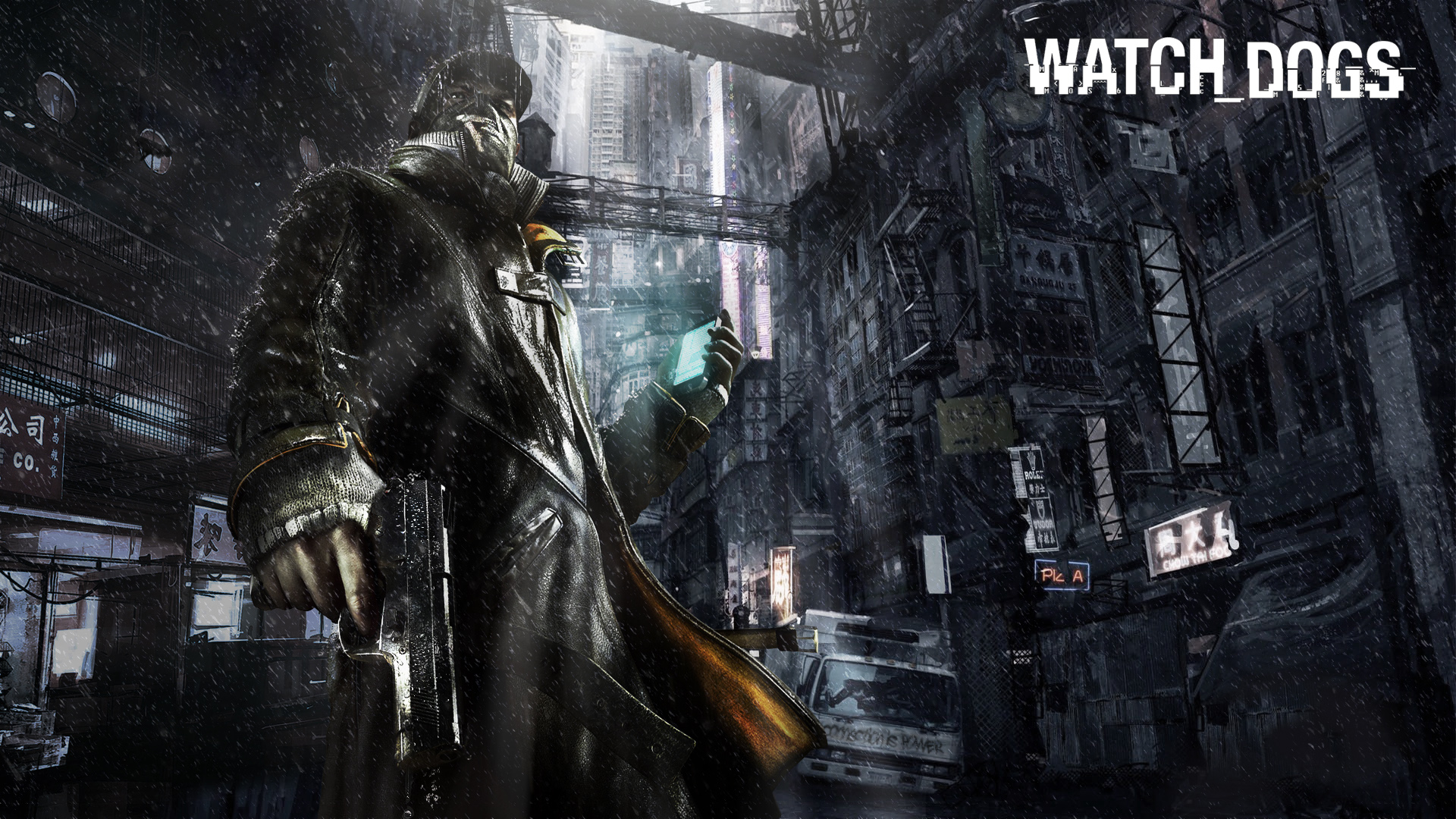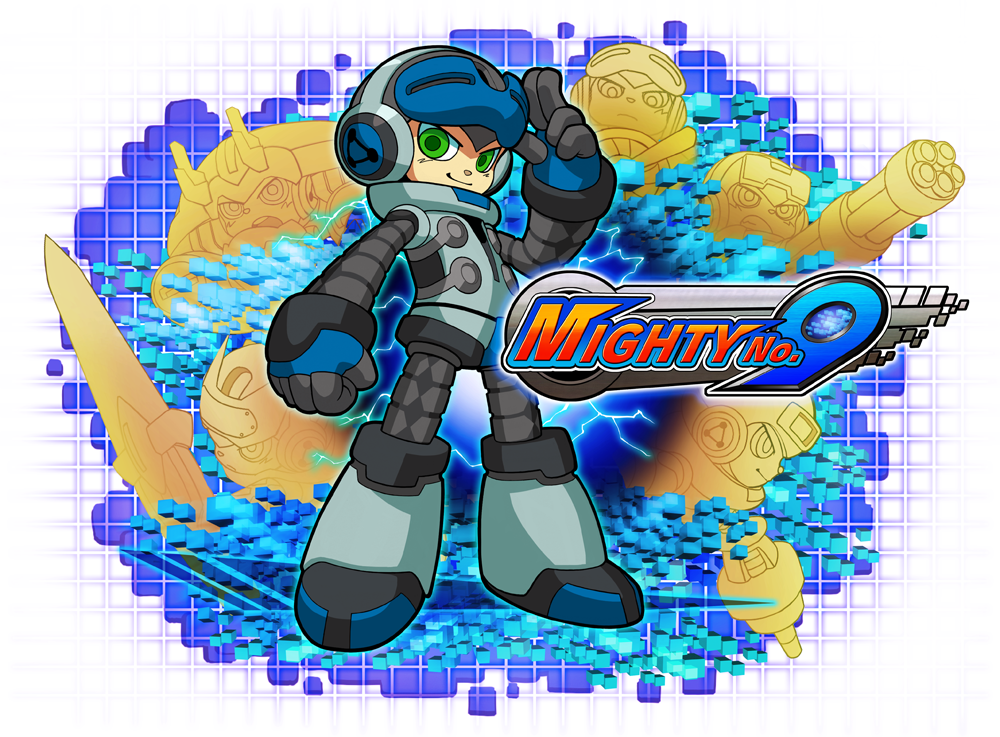As the consumer, what do we deserve? What is owed to us by the developer? Privilege and expectations share a similar, albeit tricky slope where consumers build up a game in their heads but then become ‘internet furious’ at a game developer when their expectations aren’t met. As the consumer, are we truly owed anything? As fans, consumers, and supporters the gamer deserves a return on their financial investment, but are developers obligated to try to hit the unrealistically high expectations of their fans?
When No Man’s Sky was delayed, the creator and always passionate Sean Murray received death threats. Death threats, because he wanted to help deliver on the unrealistic expectations that the media and public created for No Man’s Sky. Consumer privilege and internet invisibility creates a dangerous and hostile ecosystem which threatens to crush creativity and dissuade potential artists. These same expectations also tamper and warp impressions, reviews, and opinions about a game and may very well be the greatest weakness many modern games have.
This isn’t a new or modern idea, but it is more relevant now than ever before. Internet streams, live shows and press conferences like E3, Gamescom, PAX, GameInformer cover features and internet previews have increased the amount that consumers are exposed to a game. Before we would read about a game in a magazine, wait weeks for it to come out with our own internal hype and expectations going crazy with ideas of what the game could be. The big difference was that there weren’t nearly as many games back then, so when we got that game that our imagination had been hyping up, we played it nonstop front to back and forced ourselves to love it. Now with the plethora of games to play, we quickly move on when a game doesn’t live up to what we wanted it to be.
In the current video game ecosystem, we usually start seeing games one to two years before they are actually released. During this time fans are continuously exposed to trailers, gameplay demos, stage shows, beta gameplay etc,up until they finally launch. These long press cycles, coupled with large amounts of video and preview coverage, build up expectations to an unrealistically high bar that no game, especially a new intellectual property, could hope to achieve.
We can begin by looking at Watch Dogs, a modern Grand Theft Auto clone set in Chicago. At its core, the game is a Ubisoft open world with a lot of boxes to check, collectibles to acquire, and side missions to distract you, but for many it was destined to be so much more. This was the first game we saw (back in 2012) aiming for next generation hardware; this was the future of gaming, the next big step forward and everyone knows a console’s best games come out in the first year after launch (sarcasm). The game itself launched to massive sales, the best sales ever for any new intellectual property at launch (until Destiny, then The Division) but was critically “meh.” Gamers were pretty unanimously disappointed by Watch Dogs, but not because it was a bad game, its crime was being average and not the next big thing in open world gameplay since San Andreas.
With a boring protagonist, simplistic story, and unentertaining cast of secondary characters (Ubisoft learned nothing from Assassins Creed 3) Watch Dogs was still a fun game to play. The controls were solid, the world was really well built, it started to touch on some new and interesting gameplay mechanics in terms of hacking, and it had some very modern and challenging philosophies it attempted to tackle. For all its strengths and weaknesses, its biggest flaw was that it wasn’t the next sliced bread. The game was just like any other Ubisoft open world, and hacking was a simplistic gameplay mechanic with very little depth to it. The game had been shown off for two years before eventually coming out, attending two, and almost three, E3 press conferences, and was built up to be the first truly next generation open world experience, the reason we had all spent $400 on a new console.
Bioshock Infinite is another great example because it shows how expectations were created almost entirely on name alone. As the 2K follow up to arguably the greatest single player first person shooter of all time, Bioshock Infinite was almost destined upon announcement to fail to be what everyone wanted. Consumers were blown away by the first Bioshock, as it still stands as one of the greatest video game twists of all time, and its sequel had sky-high expectations (get it, because it’s set in the clouds? I’m gonna leave now). While Infinite operated on a much shorter preview cycle then Watch Dogs, it had the audacity to be a sequel to a beloved game. Infinite was a tight and excellent shooter with a great and engaging story, but for many it was a disappointment.
Very recently we were graced with Mighty No. 9, Kickstarter’s first true retro callback, a game three years in the making and three years in the spotlight. This was the next Mega Man, the modern version of what some would say is the greatest action platformer. The creator of Mega Man was behind the project, the main character was blue with an arm gun, and it really, honestly just was Mega Man. Now Mighty No. 9 was a flawed experience, but had this game been given a normal press cycle it may have fared significantly better among critics. Mighty No. 9 has faults, for sure, and lacks some of the spirit and heart of its origins, most of which is its own fault for coming out on literally every single console, but the game couldn’t have hoped to live up to what consumers wanted. For three years the public have watched this game like a hawk, throwing money at its Kickstarter and then stalking it along the entire development process. Not only was this game competing against the Mega Man franchise, but it had to meet all of these Kickstarter goals, come out on every console, and do so with the press and public constantly hovering over them for three years.
But now we reach the present, with a couple games on the horizon which may very well be destined to disappoint. The problem with most of these games isn’t that they are bad, it’s not an issue of press over hyping them or lying to the public, the press cycle is just so long for these games that consumers let their imagination run wild. The fan and consumer becomes over privileged with unrealistic expectations for greatness that games can’t hope to live up to.
No Man’s Sky will (hopefully) release at the end of the summer, and the internet will almost definitely explode with hatred (so just a normal day online). The game literally promises an endless galaxy. This is a small team working on a brand new property, with gameplay and mechanics on a level we have never before seen in the industry. This is coupled with us seeing the game for about two years now at press conferences and late night talk shows with the power of Sony marketing behind them. No Man’s Sky will deliver an experience like no other, without even playing the game that’s known just in terms of interplanetary travel and the world and life creator, but can it live up to public hype? Do you remember the death threats?
Talking about Sony still, unless The Last Guardian actually comes packaged with a small baby guardian pet for all consumers, it is destined to fall short of expectations. Unfortunately the development hell this game went through brought it on itself. Ten years in the making and the follow up to beloved games like Shadow of the Colossus and Ico, consumers purchased a Playstation 3 and took a second job just to play this one game. Now a complete console generation later we finally have a release date for The Last Guardian, and instead of winning E3 awards the press tells us that it looks and feels dated, it’s a bit clumsy and has lackluster gameplay. In no universe does this game live up to fan expectations, and as a result no matter how critics react to this game come October, it is going to get destroyed online.
Destiny, Assassins Creed 3, Halo 5; no game is safe from expectations. Most of the games in this article are good, if not great games without any major flaws or game breaking weaknesses holding them back. That being said, they carry with them a stain of disappointment from gamers because they couldn’t carry the weight and burden of the expectations that were created for them.
How do we change this? Fallout 4 and Grand Theft Auto 5 showed a quick press cycle is possible, reducing exposure to a game and getting it in the hands of the consumer faster, thus giving them less time for their imagination to run wild. That being said, those are established and dominant franchises in their corners of the industry operating in what some would say is a league of their own. Many modern or “normal” games can’t hope to operate on a cycle that short and still get the attention they deserve from both websites and consumers.
It’s also unrealistic for someone to say we as people should just stop overhyping a game. Critics and previews can change, but people can’t. As a human it’s just natural for our imagination and ideas to run wild; we want games to be great and seeing games like Watch Dogs get us excited for what’s possible in video games. Critics can attempt to be more cynical in their previews and impressions for unreleased games, but then we as people can’t attack them for not loving something we love (even though it hasn’t even been released yet). Entertainment personalities tried to warn us that The Order 1886 had some flaws, but the internet attacked them for not loving a game they thought was going to be amazing. If we want to build realistic expectations for video games something has to change in the way games are previewed and shown in the industry; either shortened cycles and more cynical critics or we as consumers need to be more cynical of new games.
Games are amazing pieces of art that hundreds of people work tirelessly on and are loved by millions. That being said, expectations are ruining games for consumers; we are letting our expectations get so far out of control that we are actually ruining games for ourselves. For every game like Bloodborne that comes out surprising fans, there is a The Division that comes out and disappoints millions. Change is needed if we don’t want the weight of expectations to continue to ruin something we all love so much.









